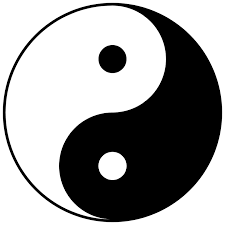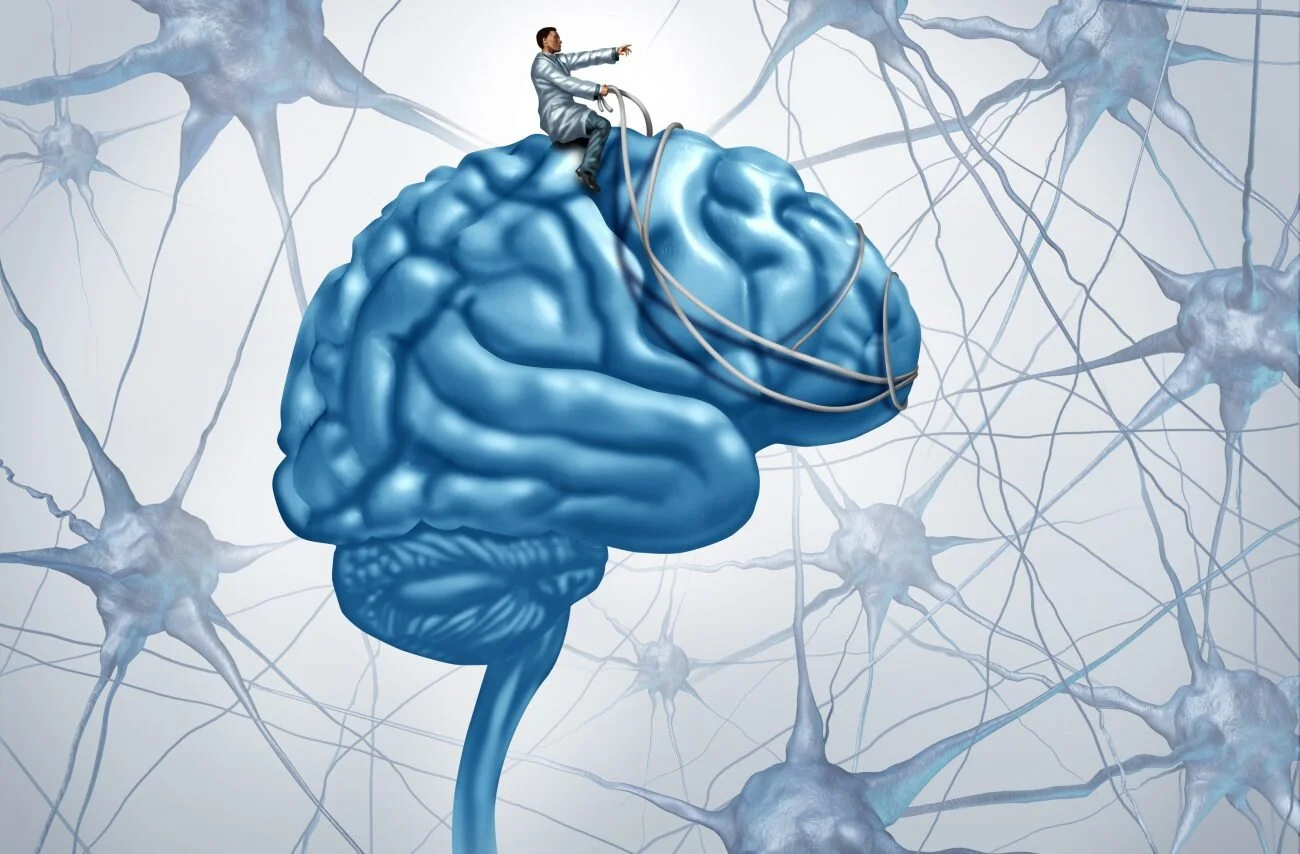On knowledge versus wisdom
If you want to get smart, you need to learn something new everyday; if you want to become wise, you need to unlearn something everyday.
Is it better to be unhappy and know the worst, than to be happy in a fool's paradise?
Is it true that knowing is a burden and not knowing is bliss?
“If you wish to strive for peace of soul and happiness, then believe; if you wish to be a disciple of truth, then inquire.”
~ Nietzsche
“In general, indeed, the wise in all ages have always said the same thing, and the fools, who at all times form the immense majority, have in their way too acted alike, and done just the opposite; and do it will continue.”
~ Schopenhauer
“Science is organized knowledge. Wisdom is organized life.”
~ Kant
“Wisdom is not only for deep thinkers; it’s how you get through daily life.”
~ Timothy Keller
"Yesterday I was clever, so I wanted to change the world. Today I am wise, so I am changing myself."
~ Rumi
“It is only with the heart that one can see rightly; what is essential is invisible to the eye.”
~ The Little Prince
Only fools thinks they are wise.
Knowledge only becomes wisdom when it’s properly and consistently applied….experience.
Education is the acquisition of knowledge, while intelligence is the ability to use that knowledge to think and reason.
One can be highly educated but not necessarily intelligent, and vice versa.
Don't confuse education with intelligence or wosdom!
“You can have a PhD and still be an idiot! Education and intelligence are two different things.”
~Richard Feynman
“There's a big difference between knowing the name of something and knowing something.”
~Richard Feynman
It’s about living and embodying the ideas you value thus making them real and tangible.
You can read a hundred books on how to ride a bicycle and still not know how to ride a bicycle.
The G Chi essays are focused on wisdom rather than knowledge.
To clarify the difference, some definitions are required.
Information is just bits of data.
Knowledge is putting them together.
Wisdom is transcending them.
“You may accumulate a vast amount of knowledge but it will be of far less value to you than a much smaller amount if you have not thought it over for yourself; because only through ordering what you know by comparing every truth with every other truth can you take complete possession of your knowledge and get it into your power."
~ Schopenhauer
Knowledge
I’ll define knowledge as having clarity of facts and truths.
Knowledge is gathered from learning and education.
Plato suggests that "knowledge" may be defined as justified true belief.
The obvious question that this definition entails is how one can know whether one's justification is sound.
One must therefore provide a justification for the justification.
That justification itself requires justification, and the questioning continues interminably.
The conclusion is that no one can truly have knowledge of anything, since it is, due to this infinite regression, impossible to satisfy the justification element.
In practice, this has caused little concern to philosophers, since the demarcation between a reasonably exhaustive investigation and superfluous investigation is usually clear.
Knowledge as essentially defeasible. Therefore, an infinite regress is unproblematic, since any known fact may be overthrown on sufficiently in-depth investigation.
Is there a value to the idea of feeding ourselves more and more and more information and then never actually doing anything with it?
Not ever taking a moment to think about it or to synthesize it or to connect it to something in your life?
The more you learn the less I know as each answer raises new questions.
“As our circle of knowledge expands, so does the circumference of darkness surrounding it.”
~ Albert Einstein
As your island of knowledge increases, so does the shoreline of ignorance.
Wisdom
“True wisdom comes to each of us when we realize how little we understand about life, ourselves, and the world around us.”
~ Socrates
“I hate everything that merely instructs me without augmenting or directly invigorating my activities.”
~ Goethe
Wisdom is knowledge plus time.
With true wisdom there is no perceived conflict between thinking and feeling.
One of the most essential elements of human wisdom at its best is humility, knowing that you don’t know everything.
Wisdom is the practical ability to make consistently good decisions in life.
Wisdom is gathered from day-to-day experiences and is a state of being wise.
Wisdom is found internally as well as externally.
The voice from within, the voice of wisdom and simplicity, the voice that reasons beyond cleverness and knows beyond knowledge, is not just the power and property of the few, but has been given to everyone.
“Logic is the beginning of wisdom…not the end.”
~ Commander Spock
Information/knowledge can be googled in a matter of seconds but wisdom takes time and experience.
To attain knowledge, add things every day. To attain wisdom , remove things every day.
- Lao-tse, Tao Te Chi
“Yesterday I was clever, so I wanted to change the world. Today I am wise, so I am changing myself.”
- Persian poet and mystic Jalal ad-Din Rumi, who lived in the 13th century
It’s of little use having a head full of knowledge but no experience and confusing the teaching of truth with the actual truth itself.
Good books are full of knowledge but it is YOU who has to walk that road to gain the wisdom of experience.
Unfortunately, society seems to acquire knowledge faster than gathering wisdom.
Wisdom may be a worthwhile attachment but not necessarily knowledge.
Become free from your attachment to knowledge. It is not required for inner peace. And externally, no one cares how smart you are, in fact it can lead to detrimental feelings such as jealousy and resentment. Nobody likes a know it all.
A wise person can act foolish, but a foolish cannot be wise.
“A person hears only what they understand.”
~ Goethe

